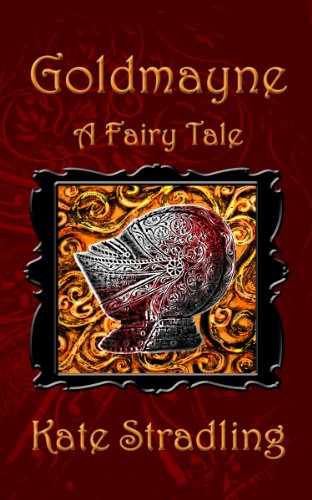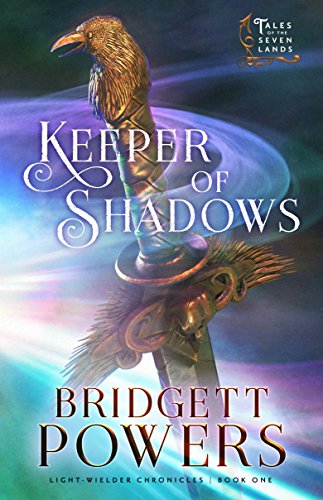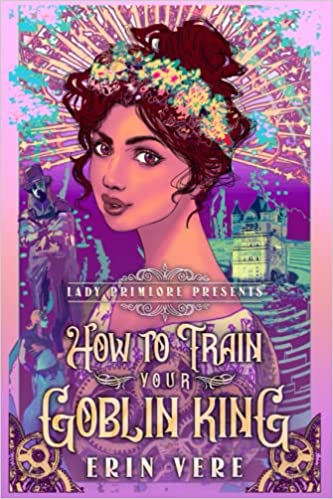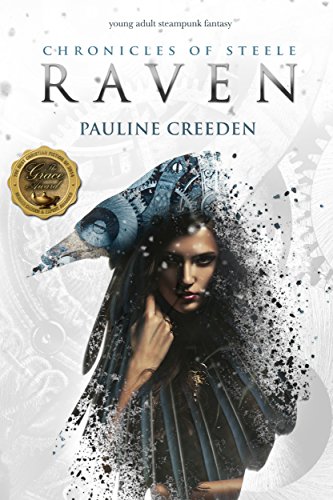Evil witches, cursed royalty, heroes by happenstance, and happily ever after: Duncan does not believe in fairy tales, but when he runs away from his father’s farm, he tumbles headlong into one. Old Dame Groach recruits him as caretaker of her crumbling estate, where he must tend her poisonous garden, beat her white horse daily, and keep far away from the mysterious closet beneath the stairs… and that’s only the start of his fantastical troubles! A retelling and shameless embellishment of the French-Canadian folk tales, “Scurvyhead” and “Sir Goldenhair.”
This is the third book I’ve read by this author, and, unusually, I read them one after another. (The two Ruses books were the first two.) That argues that I enjoy her writing, and indeed I do.
It also makes me aware of patterns, though. The fact that all the characters hum when they’re ambivalent about something. The habit of putting in an unnecessary comma after “Then” when it’s the first word in a sentence. Spelling “altogether” as “all together”. The occasional incorrect choice of vocabulary words (such as “courtesan” for “courtier” here – those are two very different occupations, or so one would hope). And two much larger flaws: passive main characters, and arrogant, annoying love interests.
It’s a sound rule of thumb in writing that the viewpoint character should be the one who has the most at stake, the one who’s most motivated and driven to solve the story problem, the one who’s working hardest and sacrificing most, and often the one who’s most competent to bring about a resolution. In all three of these books, though, the viewpoint character is not these things. They’re resistant to taking action, not just at first, but almost throughout; they often have to be bullied into action by the arrogant, annoying love interest – and also, in the case of this book, by the talking animal sidekick, who is smarter and more capable than the theoretical hero, and for most of the book has more at stake.
The arrogant, annoying love interest is a trope of the romance genre, and one I’ve never liked. It’s hard to identify with a character who’s attracted to someone who I, in real life, would find extremely irritating and not especially attractive. It’s also harder to identify with a character who’s passive and not the one who takes decisive, effective action at key moments in the story.
I don’t mind books that are written to a formula if it’s a formula I like. If the formula has elements I don’t like, it’s usually a problem.
And yet I do enjoy these books. What would usually be fatal flaws are still drawbacks, to be sure, but not dealbreakers. I think this is because the books mostly read smoothly; the main characters, while often passive, are genuinely good-hearted; and there’s a good amount of tension that ebbs and flows as it should.
I don’t know that I’ll read any more of these for a while. But this is an author I probably will come back to when I’m in the right mood.
This book review is by Mike Reeves-McMillan and originally appeared on Goodreads.. Mike writes the Gryphon Clerks novels, a series featuring heroic civil servants and engineers doing their best in a difficult world; the Auckland Allies contemporary urban fantasy series, about underpowered magical practitioners stepping up to defend their city when nobody else will; and the Hand of the Trickster sword-and-sorcery series, in which a servant of the trickster god exalts the humble and humbles the exalted. His short stories have appeared in a number of professional and semiprofessional venues, including the Terry Pratchett tribute anthology In Memory.





